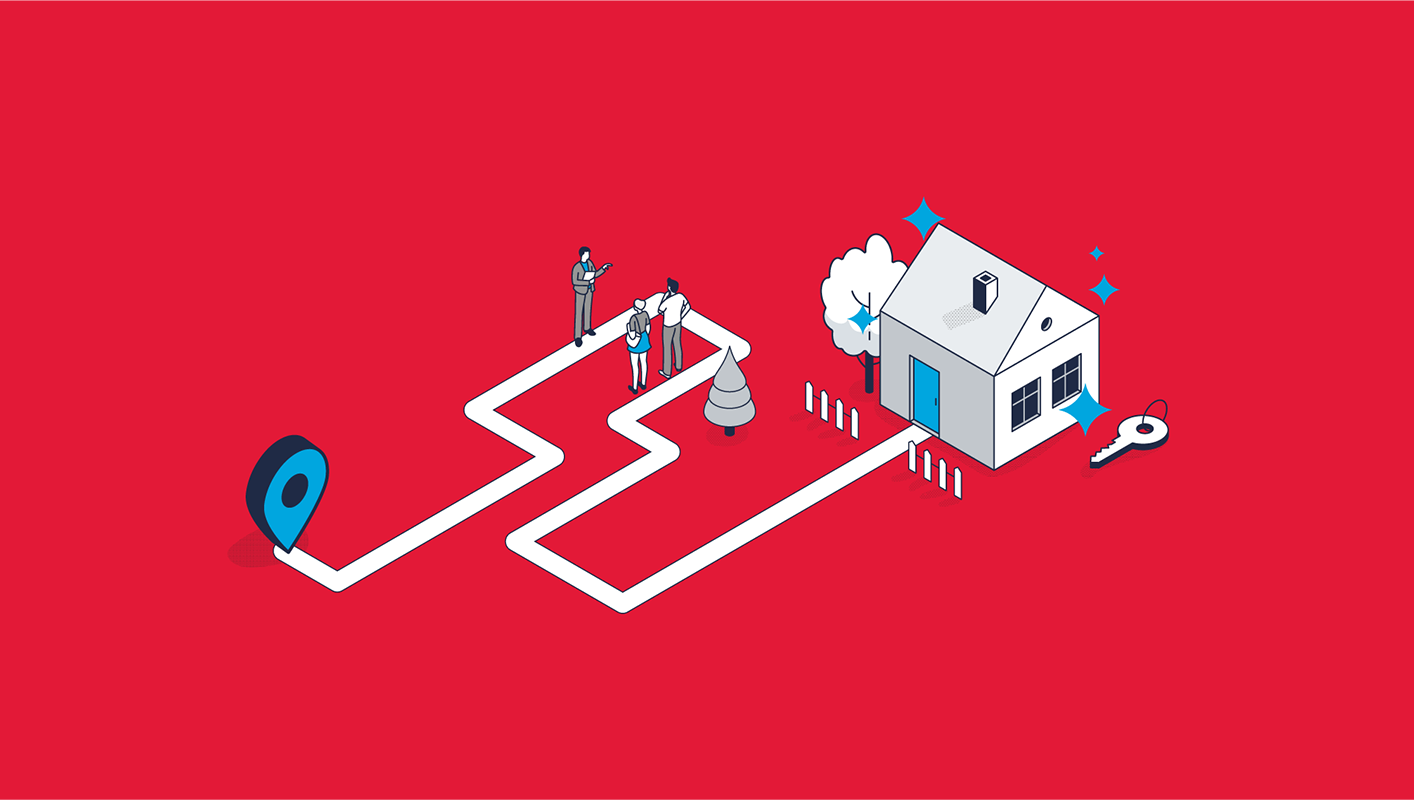
Finance Glossary: Making Cents of All That Jargon
Let’s face it, finance terms can feel like a foreign language. But don’t sweat it! We’ve whipped up this cheat sheet to have you sounding like a pro faster than you can say “pre-approval.”

Ready to demystify the jargon? Let’s dive in!
Asset
When applying for a home loan, your lender will ask about your assets. Assets are anything you own that can be turned into cash – cars, property, shares, that kind of thing. Sorry, your arts degree doesn’t count (even if it’s priceless to you).
Comparison Rate
The comparison rate is the ultimate home loan matchmaker. It helps you size up different loans by looking beyond just the interest rate. It takes into account things like fees, term length, and repayment schedules so you can see the true cost of the loan and make a fair comparison. It’s like reading the fine print but way easier!
Equity
Equity is the difference between what your home is worth and how much you still owe on it. As you pay off your loan and your property (hopefully) increases in value, your equity grows. It’s wealth-building while you sleep – now that’s some sweet pillow talk!
Interest
Interest is what you pay your lender for the privilege of borrowing their money. It’s a percentage of your loan amount, and yep, those rates have been creeping (soaring) up thanks to our good friends at the Reserve Bank. Nothing like a little extra excitement in your mortgage repayments, right?
Principal and Interest (P&I)
Most first home loans are P&I, which means every repayment chips away at both the interest and the loan amount itself. One day, if all goes to plan, you’ll have paid it off completely and that house will be all yours. Patience, grasshopper.
Pre-approval
Pre-approval is like getting a green light in the race to buy a home. The lender checks out your finances and gives you the nod, saying, “We’re happy to lend you this much.” It’s not a guarantee, but it gives you a solid idea of what you can spend and makes you look serious when you're ready to make an offer.
Lender’s Mortgage Insurance (LMI)
LMI is a fee you might have to pay if you borrow more than 80% of the property’s value. It’s there to protect the lender if you can’t make your repayments, not you, sadly. But don’t worry, there are ways to sidestep LMI, and we’ll spill the tea on that soon.
Stamp Duty
Stamp duty – aka the tax that makes everyone groan. It’s a government fee that varies depending on where you live and the value of the property. The good news? First home buyers can sometimes dodge this bullet if their property is under a certain value. Now, that’s something to cheer about!
Please note:
Loan Gallery Finance Pty Ltd is independent of Simonds Homes and all advice is provided by Loan Gallery and not Simonds Homes.
The above advice is general in nature and is not personal financial product advice. It does not take into account your objectives, financial situation or needs. Before acting on any information, you should consider the appropriateness of the information provided and the nature of the relevant financial product having regard to your objectives, financial situation and needs.
Loan Gallery Finance Pty Ltd ABN: 33 163 825 670 Australian Credit Licence: 475302
MFAA accredited business

.png)





